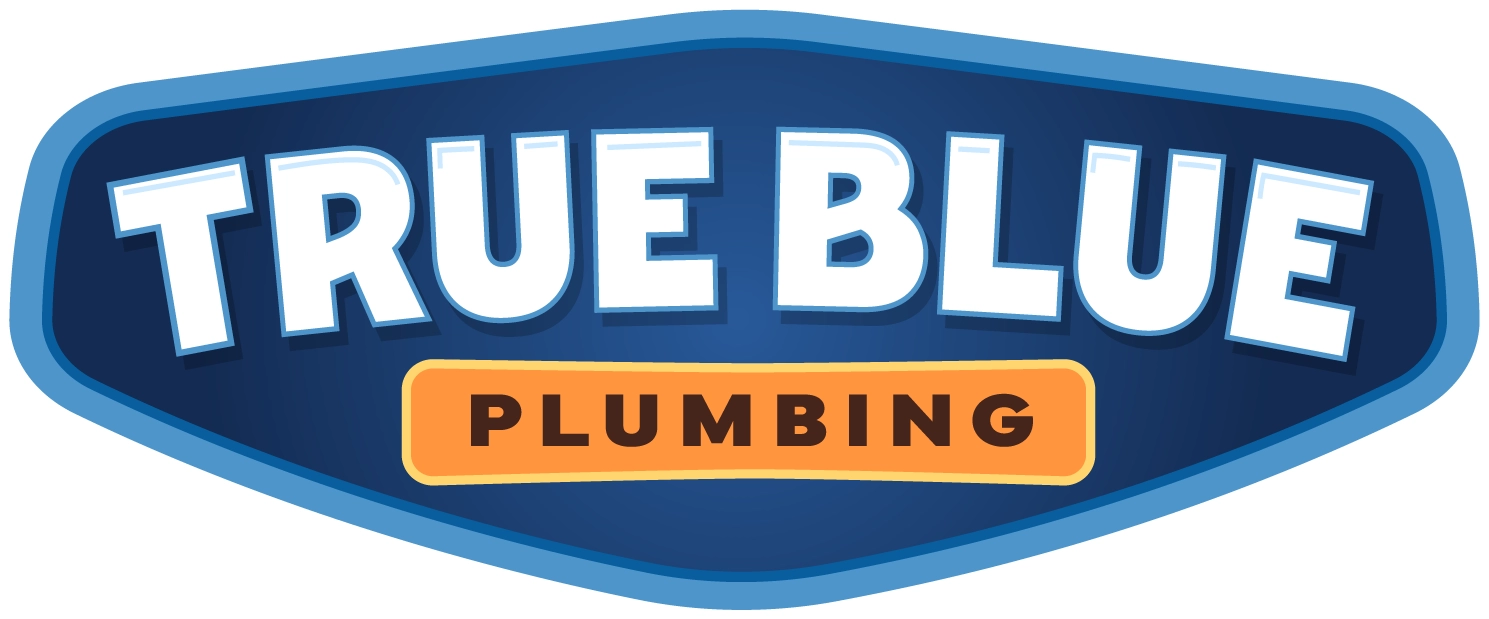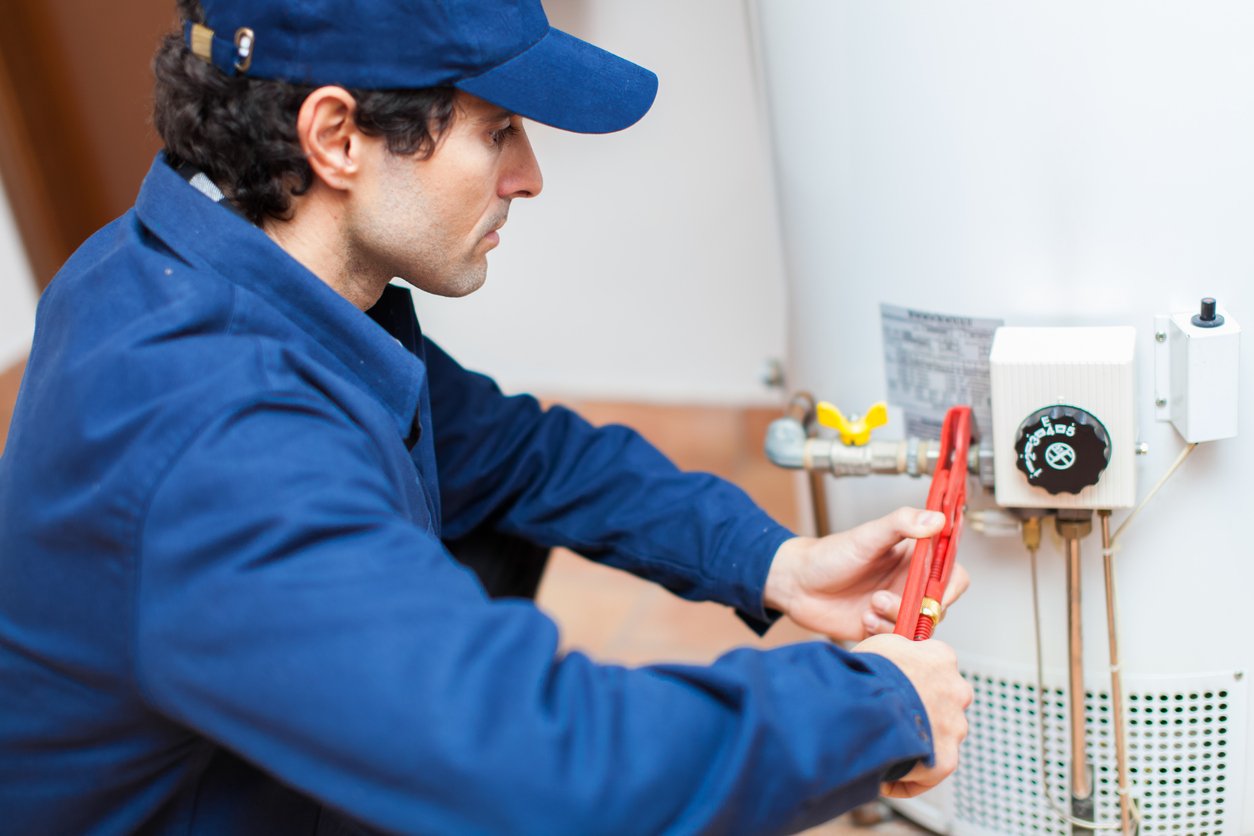Your water heater is an essential appliance that provides hot water for various daily tasks, from showers to washing dishes. To keep it running smoothly and efficiently, proper maintenance is crucial. In this comprehensive guide, we’ll delve into hot tips for mastering water heater maintenance, helping you prolong its lifespan, improve efficiency, and save on energy costs.
1. Understanding Your Water Heater: Types and Components
Before diving into maintenance tips, it’s essential to understand the different types of water heaters, such as tank-based and tankless models, and their key components. Knowing how your water heater operates will help you perform maintenance tasks effectively.
2. Routine Maintenance Checklist for Water Heaters
Create a regular maintenance schedule for your water heater, including tasks like flushing the tank to remove sediment buildup, checking and adjusting the temperature settings, inspecting the pressure relief valve, and examining the anode rod for corrosion.
3. Tips for Flushing Your Water Heater
Flushing the tank is a critical maintenance task that helps remove sediment and mineral buildup, ensuring optimal heat transfer and efficiency. Learn the proper procedure for flushing your water heater and how often it should be done based on your water quality.
4. Temperature and Pressure Settings Optimization
Adjusting the temperature and pressure settings of your water heater can enhance efficiency and safety. Follow recommended guidelines for setting the temperature to prevent scalding while ensuring hot water availability for your needs.
5. Anode Rod Inspection and Replacement
The anode rod is a sacrificial component that protects the tank from corrosion. Regularly inspect the anode rod for signs of wear or corrosion and replace it as needed to extend the life of your water heater.
6. Troubleshooting Common Water Heater Issues
Be prepared to troubleshoot common water heater problems like insufficient hot water, strange noises, or leaks. Learn how to identify and address these issues promptly to prevent further damage and ensure continuous hot water supply.
7. Energy-Efficient Practices for Water Heater Usage
Implement energy-efficient practices such as insulating hot water pipes, using a timer or smart thermostat to regulate water heater operation, and reducing hot water usage during peak hours to save on energy costs.
8. Professional Maintenance and Inspections
Consider scheduling annual professional maintenance and inspections for your water heater. Experienced technicians can perform thorough checks, identify potential issues early, and provide expert advice on optimizing your water heater’s performance.
9. Signs It’s Time for Water Heater Replacement
Know the signs indicating it’s time to replace your water heater, such as age (typically 10-15 years for tank-based heaters), frequent repairs, significant energy inefficiency, or a sudden drop in hot water supply.
10. Safety Precautions and Maintenance Tips
Lastly, prioritize safety when performing water heater upkeep. Follow manufacturer guidelines, turn off power sources before maintenance tasks, use protective gear, and address any gas-related issues with caution.
Mastering water heater maintenance is key to ensuring longevity, efficiency, and reliable hot water supply in your home. By following these hot tips, including routine maintenance, flushing the tank, optimizing settings, inspecting and replacing components, troubleshooting issues, adopting energy-efficient practices, considering professional maintenance, and prioritizing safety, you can maximize the performance and lifespan of your water heating system. Stay proactive, and your water heater will continue to serve you efficiently for years to come.
Unlock the secrets to water heater longevity and efficiency by teaming up with our proficients at True Blue Plumbing Services! Follow our expert tips for water heater maintenance. Contact us at (770) 544-9223 for professional assistance and ensure your hot water system performs optimally.





